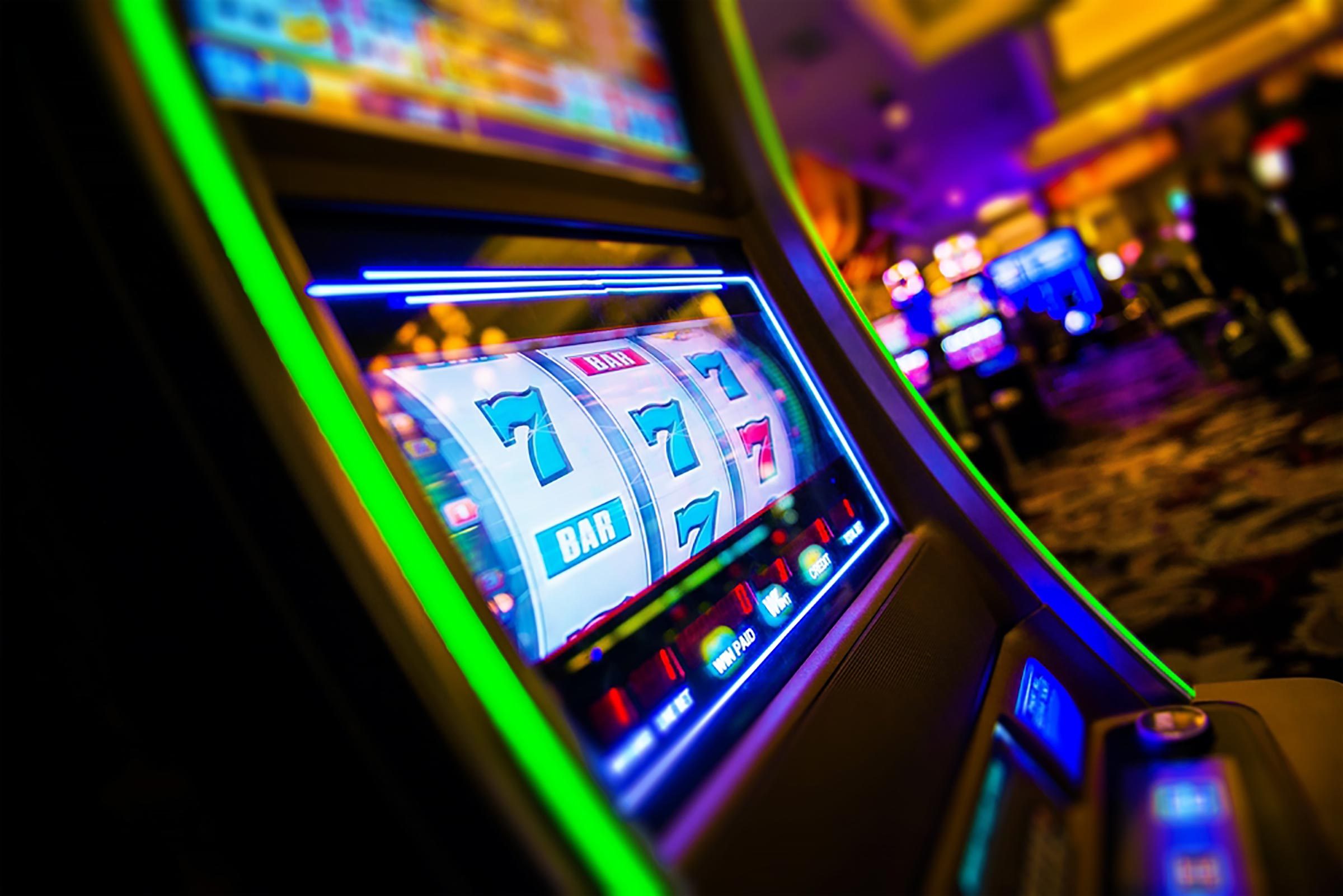
In the world of gambling, in which chance and strategy meet, a unique tapestry of beliefs unfolds—one that weaves together luck, fate, and the enigmatic nature of casino games. Casinos, bustling with excitement and anticipation, are not just spaces for placing bets; they are also arenas where superstitions thrive. non GamStop casino From the novice player to the seasoned gambler, these mysterious practices often shape how individuals approach the games they play, holding the belief that their actions can impact the outcome in ways that go beyond mere probability.
As players gather around roulette wheels, blackjack tables, and slot machines, the atmosphere is thick with stories of lucky charms, rituals, and codified behavior that defy logic yet provide a sense of comfort. It could be the case that it’s wearing a specific outfit, following a particular sequence of bets, or even avoiding certain numbers, the attachment to various superstitions reflects a deep-rooted desire to control the uncontrollable. This article delves into the captivating world of casino game superstitions, exploring the beliefs that simultaneously entertain and mystify those who dare to play.
Cultural Roots of Superstitions
Betting games have long been connected with an array of superstitions that go back to primitive cultures. The beginnings of these ideas can be associated to humanity’s intrinsic need to manage the random outcomes connected with chance and randomness. In early civilizations, activities of chance were often tied to spiritual practices. Players would invoke favor or request favor from spirits, believing that their actions could influence the odds in their advantage. This groundwork laid the groundwork for the myriad of superstitions that spread as gambling evolved over ages.
During the medieval age, betting became a common activity across European nations, and with it, a colorful tapestry of superstitions emerged. Participants adopted various rituals and charms, believing they could influence the consequences of games. The value of numbers, in particular, emerged to appear in superstitions related to card games and dice. The number 7 was often considered lucky, while various numbers carried negative connotations. These beliefs mirrored the societal contexts of the time, evolving as they moved through generations and changed to different gaming environments.
As gambling houses appeared in the 17th century, particularly in the Italian peninsula and France, the atmosphere surrounding gambling became saturated in mystique. The growing openness of casino activities allowed for the spread and variation of superstitions among players. Concepts like fortunate charms, designated seating positions, and rituals gained prominence, creating a special culture within betting houses. As these traditions continued to thrive, they became fundamental to the essence of gambling activities, illustrating how history and society shape the notions that influence how participants interact with chance.
Popular Casino Myths
Beliefs surrounding gambling games are abundant and varied, mirroring the dreams and anxieties of gamblers as they participate in random games. One of the most common views is that specific numbers bring luck or bad luck. For example, the number 7 is often seen as a lucky digit, frequently sought after by players looking for a positive outcome. Conversely, the number 13 is routinely considered unlucky, leading many players to steer clear of it during their gaming sessions.
Another frequent superstition relates to rituals that gamblers believe can influence their chances. Whether blowing on dice before a roll, using a particular hand to place a bet, or even wearing particular items of attire, many people feel that these actions can sway luck in their favor. These rituals offer a sense of power in an otherwise unpredictable environment, reinforcing the idea that luck can be manufactured through personal convictions and habits.
Finally, the environment and atmosphere of the gambling house itself contributes to superstition. Many gamblers suggest that the presence of specific symbols, such as four-leaved clovers or lucky coins, can enhance their odds of winning. Additionally, players might adhere to the belief that winning streaks can be interrupted by mundane events, such as someone walking past or a accident at the gaming surface. The collective atmosphere in a casino can amplify these beliefs, creating a shared culture of myths that goes beyond individual experiences.
Impact of Superstitions on Players
Superstitions play a significant role in the psychology of casino players, often influencing their actions and decision-making. Numerous gamblers believe that fortune can be manipulated through various rituals, such as wearing a lucky charm, choosing particular hues, or steering clear of particular digits. This reliance on superstitions can create a feeling of authority in an environment that is intrinsically unpredictable. Players often feel more confident and engaged when they think that their actions could sway the outcome of a game in their favor.
The influence of these superstitions extends past singular players, affecting the general atmosphere inside the casino. For example, a player who believes in the luck of a certain slot machine might draw a gathering, as onlookers are intrigued by their apparent luck. This shared belief can amplify excitement and create a lively environment, leading to an captivating experience even for those who may not necessarily be believers themselves. The excitement around certain games can lead to higher participation and extended playing sessions, supporting the casino’s lively social scene.
In some cases, superstitions can lead to harmful effects for players. Depending too much on rituals can result in bad gambling decisions, as some may ignore basic strategies in favor of unfounded beliefs. Additionally, the pressure to perform rituals may heighten anxiety and tension, detracting from the pleasure of the experience. Ultimately, while superstitions can enhance the excitement of playing casino games, they can also lead to unwise choices that overshadow the enjoyment and amusement intended in the casino experience.